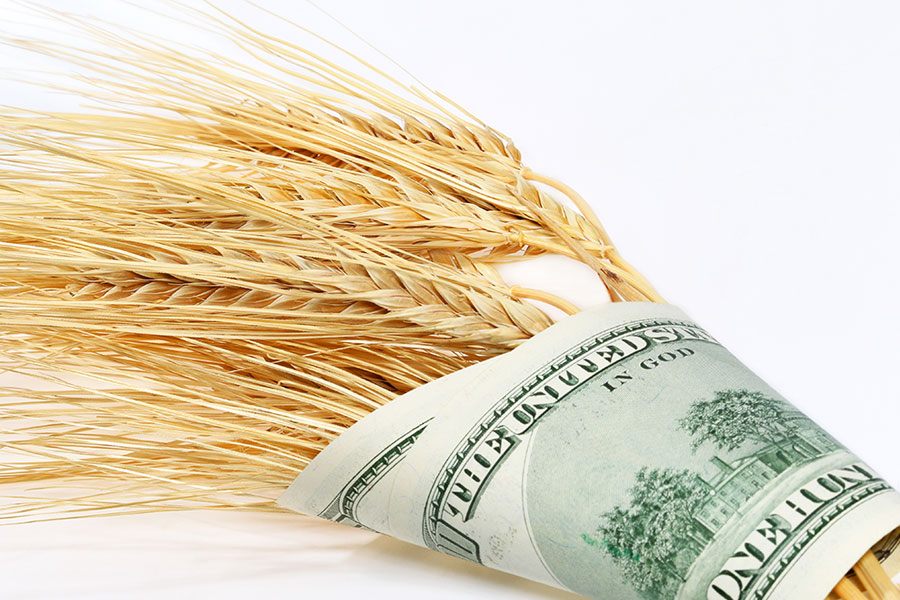What Does the 2019 Farm Bill Mean for the Hemp Industry?

Earlier this year, U.S. Sen. Mitch McConnell inserted language from his Hemp Farming Act of 2018 into the Farm Bill to federally legalize the cultivation and sale of industrial hemp. Congress passed the legislation Dec. 12, effectively removing hemp from the list of controlled substances and allowing states to regulate its production, commerce and research with approval from the United Stated Department of Agriculture (“USDA”).
The farm bill is redrafted roughly every four-five years and sets U.S. government agricultural and food policy for the U.S. The new Farm Bill was signed by President Trump and became law on December 20, 2018. Written into this new Farm Bill was a provision that removed hemp from the Schedule I controlled substances and as a result, made it an ordinary agricultural commodity. The plant is under the supervision of the USDA and the law also allows the FDA to now regulate products containing hemp. Hemp is defined as cannabis that contains less than 0.3% THC, and as a result is different from marijuana which contains THC above the 0.3% threshold.
An additional positive for farmers to the law, is that hemp will now be covered under the Federal Crop Insurance Act, meaning that in the event that a cultivator experiences crop loss, they will be entitled to insurance coverage in the same way that farmers for other legal agriculture products are. In the past, farmers of hemp were left paying higher premiums for insurance or not insuring themselves at all. Now, farmers have one less thing to worry about and can focus on their business.
While the new Farm Bill has been widely characterized as outright legalization, it is important to note that strict regulations still apply. Although hemp will no longer be considered a controlled substance nor in the jurisdiction of the Department of Justice, hemp farming applicants will have to submit cultivation plans to the US Department of Agriculture (USDA), either through the state agricultural department or the USDA itself.
About the Author: Paula Savchenko is an associate attorney at the Law Offices of Moffa, Sutton, & Donnini, P.A, based in Fort Lauderdale, Florida. Ms. Savchenko joined the firm in 2013 and practices primarily in the areas of Taxation and Administrative Law matters, as she counsels and represents businesses and individuals in their dealings with government agencies. More specifically, most of her work involves tax and regulatory matters, with an emphasis on state and local taxation.



